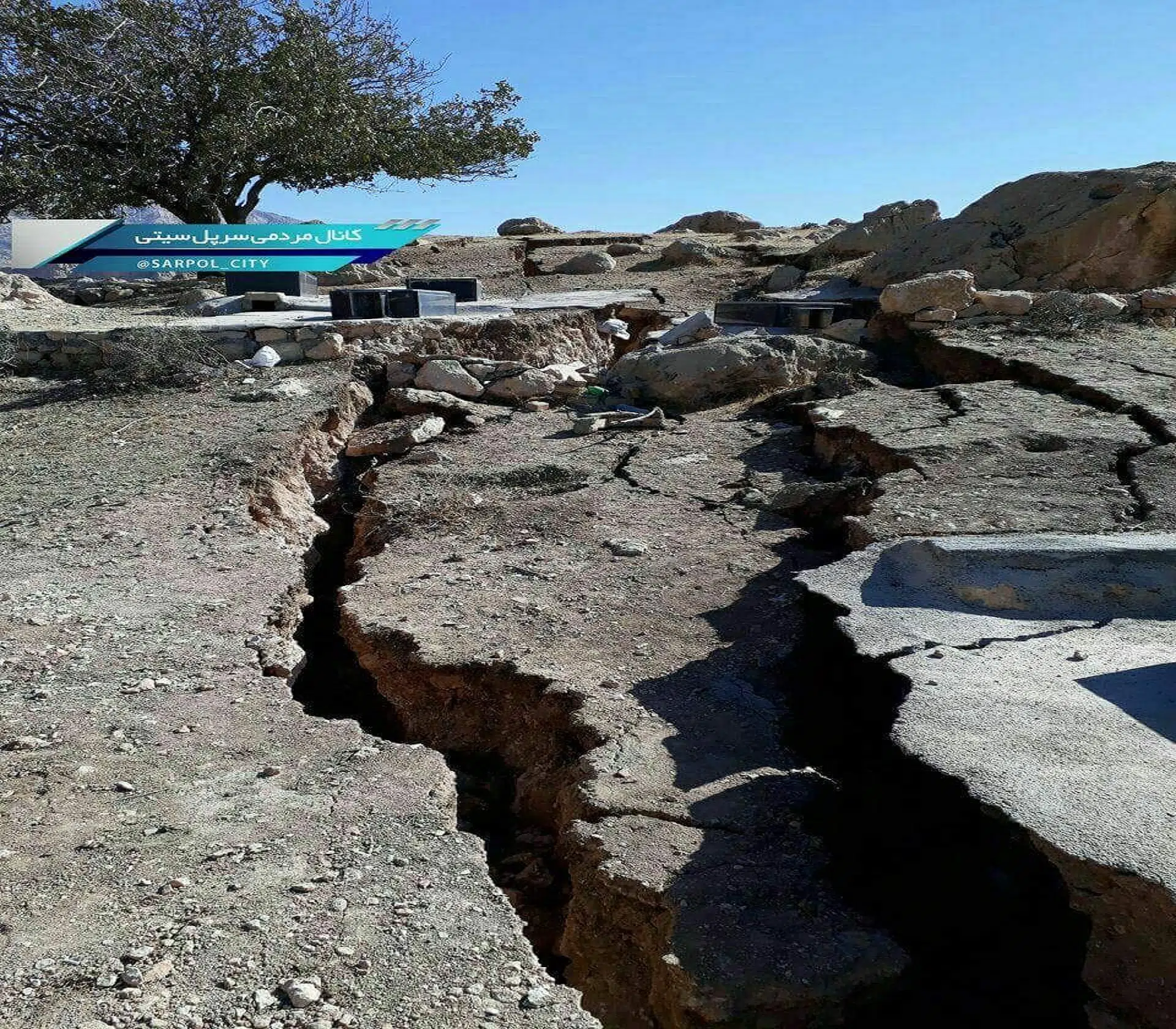
Lethbridge woman fears for family caught in 7.3 magnitude Iranian earthquake
LETHBRIDGE – Imagine members of your immediate family are caught in a natural disaster. Everywhere around them buildings have collapsed, people are trapped and crying out for help; hospitals are ill-equipped to deal with the injured and the dead.
All roads in and out of the area are blocked, there are no phone lines or internet available, and the government reportedly is making it difficult or nearly impossible for either foreign or domestic aid to enter that region.
That is what has happened to Lethbridge resident Aryan Ghasemiyani’s father and his family, who live in a city on the Iranian side of the border with Iraq that was hit particularly hard by an earthquake just five days ago.
Earthquake hits Kermansh Province
On Nov.12, a magnitude 7.3 earthquake struck an area near the Iran/Iraq border, killing – by official counts – 540 people, injuring up to 10,000 and leaving tens of thousands homeless. Hundreds of aftershocks have since hit the region.
The quake was felt as far away as Israel and Turkey, and is the strongest one to hit the region in 50 years.
At this point, Ghasemiyani has not heard from her father and his family, and there is no way in or out of the area, which is surrounded by mountains.
She doesn’t know if they’re alive or dead – and she can’t go back to Iran to find out. She must rely on first hand accounts of some distant cousins, who are discreetly sending her videos and pictures via Facebook and other social media sites.
“The people need help.There’s no food.There’s no water. You have people sleeping in the streets.”
The unoffical death toll she believes is closer 3,000 because there has been very little effort to locate those trapped in collapsed buildings.
“Within 48 hours Iran said forget it, we’re not going to go in and dig out anybody else, because whoever is there is probably dead anyway.”
Kurdish conflict with Iran
Ghasemiyani is of Kurdish ethnicity, and believes that because Iran’s government vehmently opposed a referendum held on Kurdish independence Sept. 25, that occured in the same region where the quake hit, that the Kurds are now “being punished.”
In fact, earlier this week Iran’s Foreign Minister Mohammad Javad Zarif said his country does not need foreign help for the quake and it is capable of managing the aftermath on its own.
But Ghasemiyani doesn’t buy it.
“Imams (muslim leaders) are going in, looking around and not even taking a bottle of water, not even taking any tents which is really needed…. and just leaving. These people are crying out for help.”
Taking matters into her own hands
Ghasemiyani says she can’t stand by and not do anything to help her people, and to try and find out what has happened to her father.
“What I’ve done is I’ve asked for collections from our people and we send it to a cousin of mine in the UK who will go and deliver it themselves. If I could go myself, I would go in a heartbeat. But I can’t go back to Iran. I would be executed because I have my grandfather’s last name.”
She is also talking about setting up something for anyone locally to make donations – although the details at this point still need to be worked out.
“The hope and the fight and the resiliance of the Kurdish people is so strong.”
In the meantime, she continues her communication with family in the region, hoping that somehow someone will be able to find out what happened to her father.


